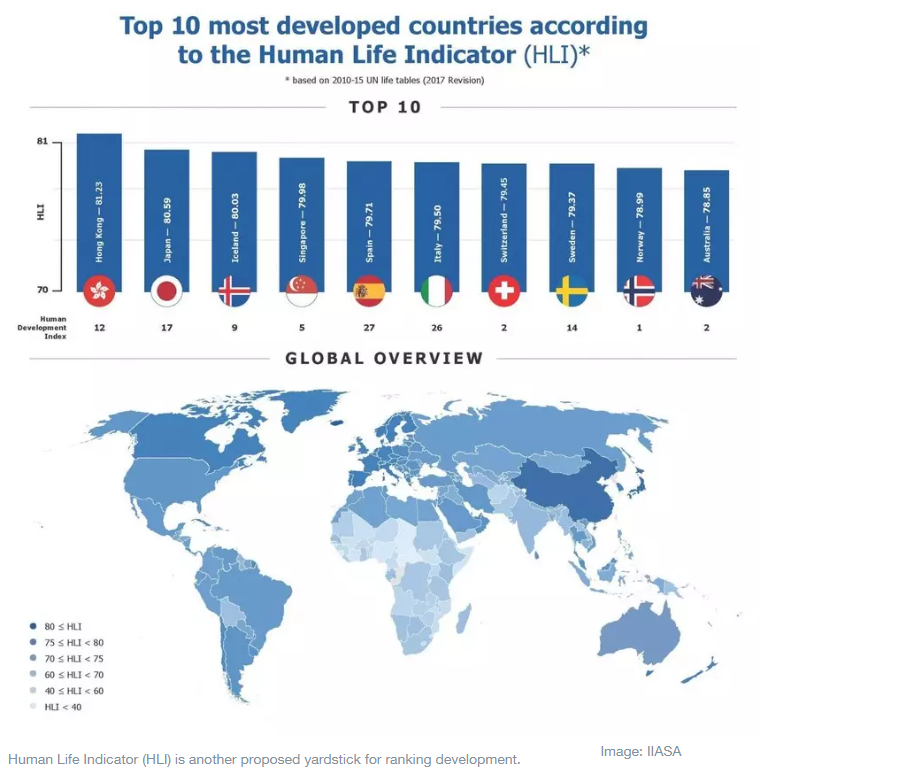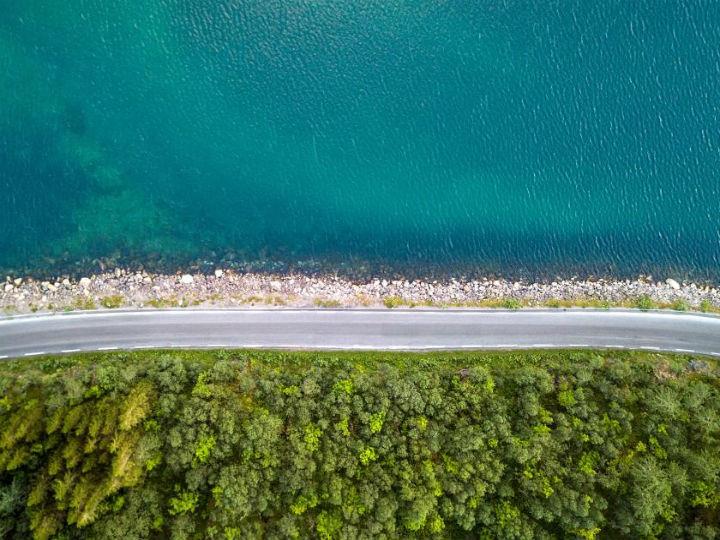by Jennifer Morgan*
• The global economy that emerges from COVID-19 must be better-equipped to deal with such crises.
• A more resilient system will recognise that the well-being of people and the planet are interlinked.
• Recovery schemes should support sustainable growth; fossil fuels subsidies must end.
This is a moment that is testing our very humanity. It is also a moment when, if we are not on the frontlines of this pandemic, we can take a moment to look a bit further into the distance to imagine what the world will look like in the coming weeks and months, which will help form our longer-term future.
To consider: What if this moment isn’t just one tragedy in the long history of human civilization? Not just another pandemic soon to be forgotten in the ebb and flow of our collective memory, but a defining moment for humanity, for the world? What if, in five, 10, 50 years’ time when we look back on this crisis, we see it was a turning point?
As our response to COVID-19 must be global, science-based, collaborative and holistic, so must we create a world that is also able to efficiently and effectively address the next pandemic and other global crises like the climate emergency.
People in power today must step back from the way things are currently decided and instead act on the answers to these two questions in dealing with COVID-19, and the climate emergency: What do we need to do to create a more resilient and fair system that protects the most vulnerable people? How can we move the focus of our economies away from practices that put us in exposed situations like pandemics and the climate emergency, and rather put the emphasis on the well-being of people and the planet, understanding how interconnected they are?
To kickstart a solution, we must recognize that the primary focus on short-term growth and GDP is misplaced, and instead hone in on the well-being of people and the environment. Not only is GDP an outdated way of measuring economic performance, and by default social progress, it is harmful. GDP fails to measure, and therefore can’t tell us, if our health services are functioning; if we are living within our planetary boundaries; if people are being treated equally and with respect.
To quote the editorial board of the Financial Times from 3 April: “Radical reforms – reversing the prevailing policy direction of the last four decades – will need to be put on the table. Governments will have to accept a more active role in the economy. They must see public services as investments rather than liabilities, and look for ways to make labour markets less insecure. Redistribution will again be on the agenda; the privileges of the elderly and wealthy in question. Policies until recently considered eccentric, such as basic income and wealth taxes, will have to be in the mix.”
This debate is occurring right now in China, where Ma Jun, a prominent adviser to the country’s central bank is advocating for the government to drop a specific growth target as it is not the most relevant goal at this moment in time.
What could replace GDP? One approach would be a well-being index, informed by the UN’s 17 Sustainable Development Goals, which would help drive a more resilient, sustainable and just world to address future pandemics and the climate emergency. Priority would be given to ensure no one is left with basic needs unfulfilled: healthcare, food, education, housing, mobility, culture, and that each of those is consistent with a healthy and stable environment.
This would also help encourage a shift in the hierarchy of norms of our decision-making on the local, national and international level. Decision-making and enforcement capacity for organizations ensuring human, social and environmental rights would be tangibly boosted. Agreements such as the Paris Agreement, CITES or the Convention on Biodiversity would be a driving force in decision-making, not an afterthought or “when convenient”.

International financial institutions would then move from conditionality based on structural adjustment and growth (GDP) to supporting economic diversification – away from extractivism and wasteful consumption.
With the prioritization of well-being, the trillions going into “recovery packages” in response to COVID-19 would embrace the kind of world we need to thrive, not just survive. These plans would provide support for economic activities that promote the creation of job-guarantee schemes, ecological farming and forestry, low-impact fisheries, ecosystem conservation and restoration, sustainable mobility, and the promotion of cooperatives and community-led planning. Trust me, that list is not exhaustive!
This focus on people and planet would also mean zero financial incentives, subsidies, bailouts or enabling policy measures allowing for, or leading to, further expansion of fossil fuel exploration and extraction, and industrial agriculture market share. Going forward, any public support for service and industry sectors – both primary and secondary – would be combined with mandatory plans for full decarbonization and ending biodiversity loss within 10 years.
The recognition of rights of local and indigenous communities, their intrinsic link to nature and their role in protecting it, would be honoured and central to decision-making. Trade agreements would be reset to respond to human dignity first and foremost, and to foster a positive relationship between society and nature.
Why? Because we decide to create something better this time – a world that puts well-being for people and the planet first. We are a part of nature – by protecting it, we protect ourselves.
This is a future not only worth imagining, but worth fighting for. Such opportunities for huge progressive change are rare. Let’s act now for a greener, healthier, more just world.
*Executive Director, Greenpeace International
**first published in: www.weforum.org




 By: N. Peter Kramer
By: N. Peter Kramer
